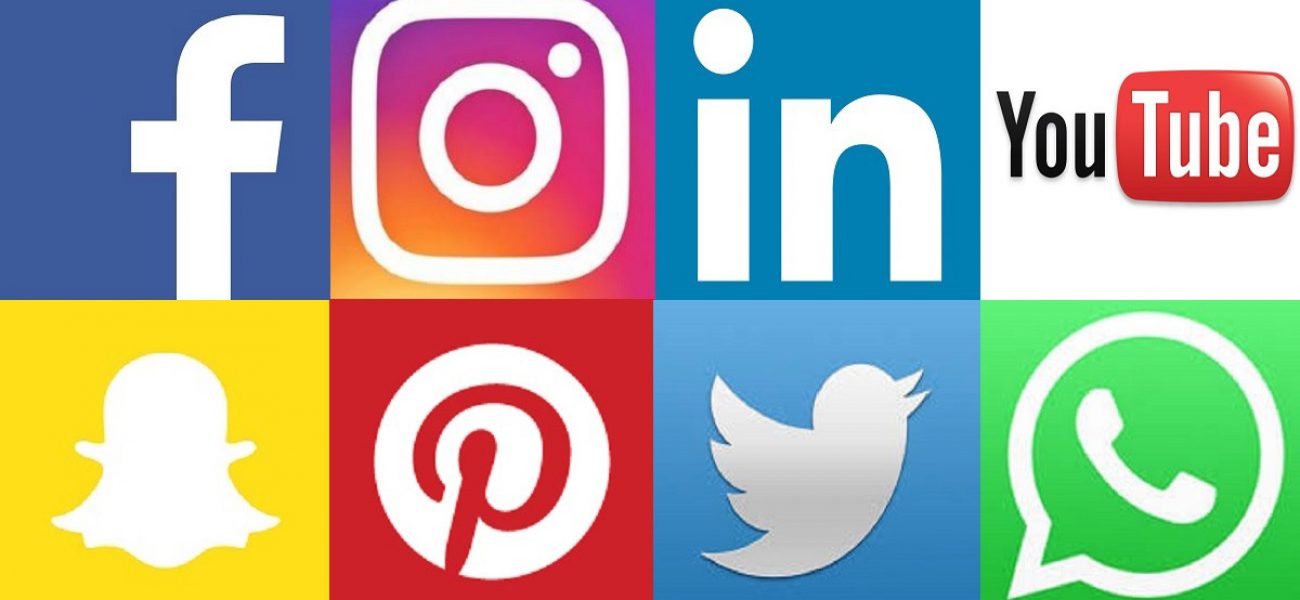The push by the presidency and various State governors to introduce social media regulation in Nigeria appears to be intensifying. The chief protagonist for social media regulation, Minister of Information and Culture, Lai Mohammed has been in the public space advancing government’s intention to regulate social media. Also, governors of the Northern States under the aegis of the Northern Governors’ Forum intensified calls to regulate social media. The call for the regulation of social media evidences increasing intolerance on the part of the government. This intolerance was brought to the fore by the manner in which the #EndSARS protest was brutally suppressed by the government. Increasingly, Nigerians are becoming impatient with the government at all levels following from their failure to deliver on good governance. The COVID-19 pandemic has orchestrated feelings of disgruntlement and anger against the government for its failings. Living conditions in the country have become really desperate with poverty levels continuing to rise. Unemployment is at an all-time high. Rather than address citizens’ concerns, the government appears to be more concerned about deflecting, arresting or suppressing criticisms. At the onset of the COVID-19 pandemic, when governments around the world who were concerned about the effects of the pandemic on their citizens were introducing ameliorating packages and palliatives, the Nigerian government pursued a track of increasing citizens’ costs of living. Value Added Tax (VAT) which was 5% was increased to 7.5% with spiraling consequences for inflation, transport costs and virtually every other living cost. The government also increased petrol costs when it announced, ‘subsidy removal.’ In addition, electricity tariffs were astronomically increased. These increases were coming at a time that lots of citizens were losing their jobs following from the COVID-19 pandemic or having reduced income. The frustrations of these actions of government and its inability to provide meaningful palliatives to cushion these devastating increases have proven to be a major reason for the general discontent and social disequilibrium.
The Arewa Youth for Development and Progress has described the call for social media regulation as evidence of a lack of commitment by northern political leaders towards development, wondering why their focus should be on curbing the rights of Nigerians rather than focusing on development. Other groups and individuals who have expressed reservations over the position taken by the Northern Governors’ Forum, have stated that there are other pressing issues in the north and in the country at large, that ought to be prioritised over social media regulation.
It will be recalled that a bill titled Protection from Internet Falsehoods, Manipulations & Other Related Matters introduced in the Senate in 2019 was vehemently opposed by Nigerians at a public hearing held in March 2020 for its several unpopular propositions, some of which sought to give wide discretionary powers to the government to regulate the social media space and sanction offenders. There is no committee report on the bill. It would seem that the bill has been abandoned by its sponsor.
Observers worry that the government’s approach to the issue may constitute measures that truncate democratic principles and stifle the constitutionally guaranteed freedom of expression and the freedom of the press.

